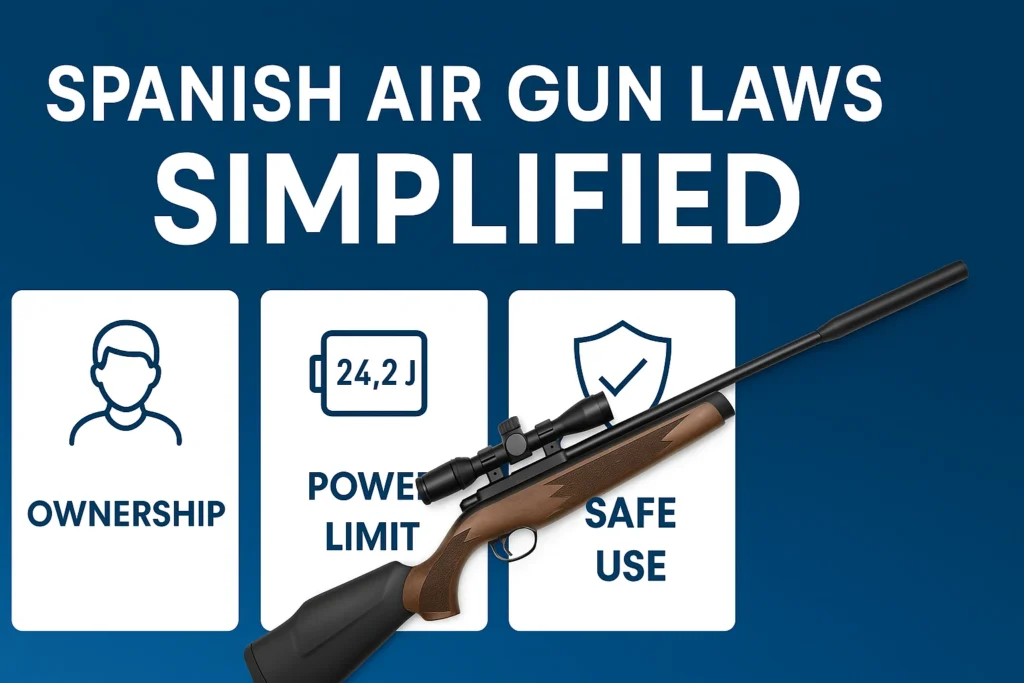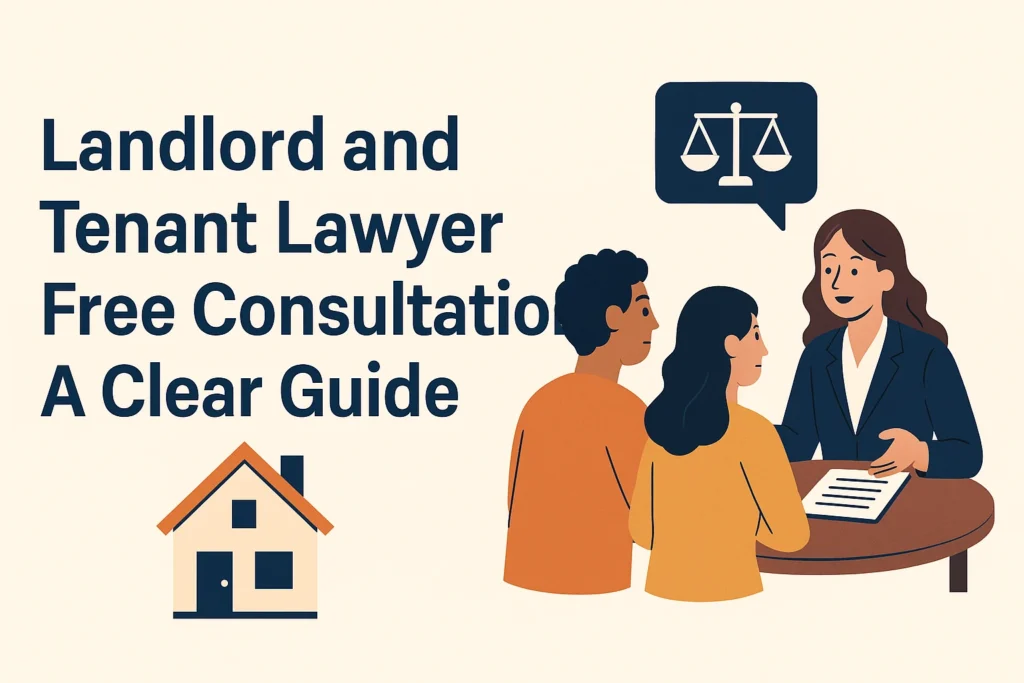Air guns hold a unique place in Spanish law. People value them for sport, a hobby, or recreation. Lawmakers set clear rules to keep everyone safe.
These rules tell us what we can do and what we cannot. They help owners know how to stay within the law and avoid trouble.
Spain treats air guns differently from real firearms. The law divides each type into categories. Each category has its own limits. Owners must meet specific requirements.
They must handle, store, and use air guns with care. This article walks through the most important points of those rules.
It will explain who can own air guns, the limits on power, where to use them, how to transport them, and the penalties for breaking the rules.
Who May Own an Air Gun?
Young people often find air guns exciting. Spanish law aims to keep minors safe. The law asks for age limits that protect all.
Most places set that a person must be at least eighteen to buy or carry an air gun. Some sources say younger teens can own low-power models if a parent approves.
That rare case still needs safe handling. The general norm stays at eighteen.
Adults must show ID when they buy an air gun. They must register it. The local town hall gives a “weapon card.”
Owners carry it whenever they bring the gun in public. The card links the weapon to the owner.
A buyer must fill out a short form. Shops keep a copy. Authorities can track ownership through that card.
Power Limits Matter
Spain draws a clear line for energy levels in air guns. The law sets a 24.2 joules power limit, and weapons above this level need a license. The law sets that line at twenty-four point two joules.
Guns that stay under this level need no special license. Owners only need the weapon card and proof of purchase.
Guns that exceed that power limit fall under stricter rules. The law treats them like real firearms. Owners must carry a Type-E license. They must pass a background check.
They must also get permission from the police. The license takes time and cost. That process keeps higher-power guns under control. It protects public safety.
How to Use an Air Gun Safely
People enjoy target shooting or playing games such as airsoft. Spanish law asks that owners use air guns in safe places. Owners may use them in shooting ranges approved by authorities.
They may use them on private land with permission. Using an air gun in public places such as parks or streets may lead to fines or removal of the weapon.
Transport must not pose a risk. Users must unload the air gun. They must pack it in a closed box or case. They must carry the weapon card and purchase documents.
Police may ask to see these items. This rule cuts the chance of harm by accident or misuse. It also helps officers check compliance.
Users must handle the weapon with care. They must keep the muzzle pointed away from people. They must respect distance rules in public or open areas.
They must choose safe targets. They must not shoot at animals or property. This rule protects animals and people. It also avoids legal trouble.
See More Post: North Carolina Gun Laws in Cars: A Simple Legal Guide for Drivers
What Might Go Wrong?
People sometimes ignore rules. They might use air guns in public. They might fail to register. They might own a high-power weapon without the right license. Each of those failures brings penalties.
An unregistered or improperly used air gun may get seized. Judges may issue fines or a ban on owning any kind of weapon.
That can hurt someone’s ability to buy hunting or sports firearms later on. Owners might even face criminal charges for serious misuse.
Some areas report high-power air guns used to harm animals or damage property. Local authorities clamp down hard in such cases.
These stories remind owners to know and follow the law. Breaking the rules is not worth the risk.
What Owners Should Do
Owners start by checking the power of their air gun. They should keep proof of output measurements. Sellers and experts may test the energy level.
If the gun stays below twenty-four point two joules, owners register at their town hall. They pay a small fee. They keep the weapon card safe.
If the gun exceeds that power, owners talk to the police or a licensing office. They ask what documents they must submit.
That usually includes ID, a clean criminal record, and perhaps health checks. They wait for approval before using the weapon. That step helps keep them legal.
Owners choose where they will shoot. They find approved shooting ranges. They check private land rules.
The Spanish Ministry of Interior defines air or gas-powered weapon categories, explaining which models need a license and which only require registration.
Final Thoughts
Air guns have many uses in Spain. Some use them for fun. Some use them to train. The law treats them with caution.
It sets clear rules on power, ownership, and use. These rules help keep everyone safe.
They stay legal, keep their rights, and honor safety. The law gives a fair path to enjoy these tools.
It protects the public and respect the hobby or sport. Anyone in Spain who owns or plans to own an air gun should learn these rules well.
If you want help with a specific situation such as how to register in your city or where to find a licensed range you can ask.
Common FAQs
Q1. Are air guns legal in Spain?
Yes, air guns are legal if they follow the power and registration rule.
Q2. Do I need a license for an air gun in Spain?
A license is not needed if the power is under 24.2 joule. Higher power requires a Type-E license.
Q3. What is the legal age for buying an air gun in Spain?
Most region set the minimum age at eighteen.
Q4. Where can I use my air gun in Spain?
You may use it in approved shooting range or on private land with permission.
Q5. What happens if I break Spanish air gun laws?
You may face fines, confiscation, or even criminal charges.
Disclaimer: This post is for informational purpose only. It does not provide legal advice.



